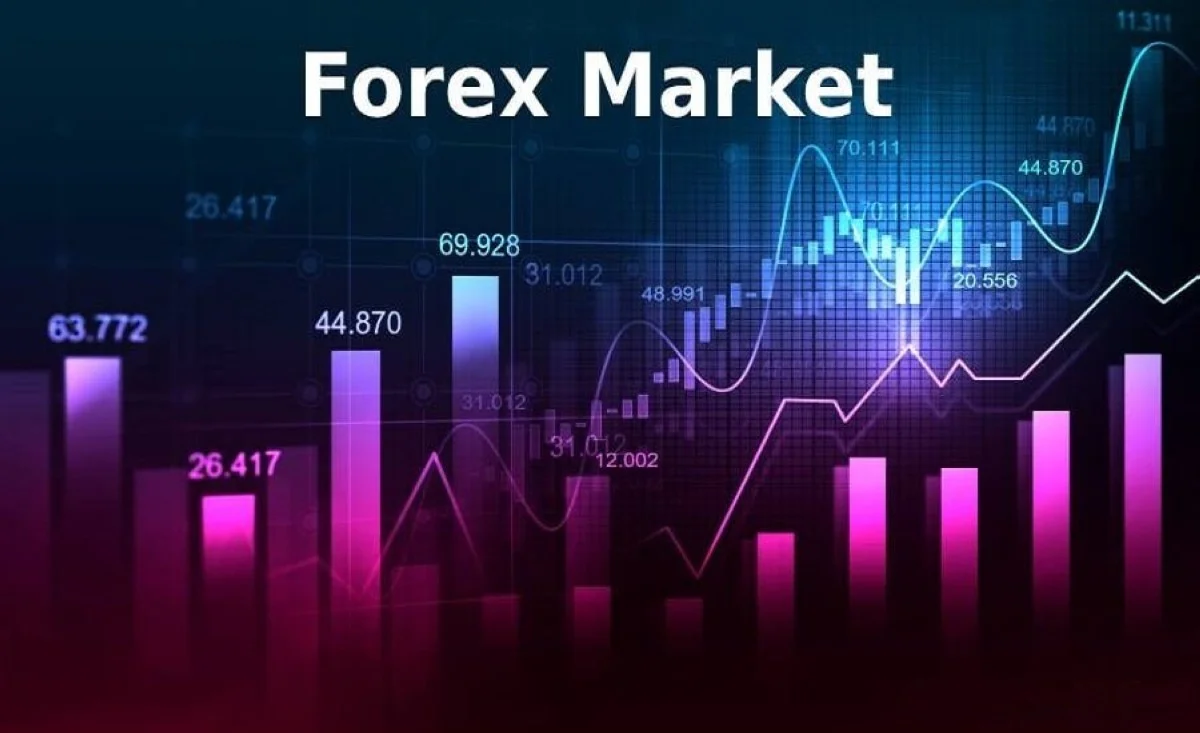27/08/2024
27/08/2024

The foreign exchange market, commonly known as Forex, is a captivating field that draws numerous investors. Before diving into currency trading, it’s crucial to understand the origins of this market, as well as the tools and strategies to adopt.
What is Forex?
Forex, short for "Foreign Exchange," represents the global market for currencies. It emerged in its modern form in 1971 when the United States discontinued fixed exchange rates, marking the end of the Bretton Woods system. This market enables the exchange of currencies, facilitating international transactions, investments, and speculation. The utility of Forex lies in its capacity to ensure currency liquidity, which is essential for global trade.
Today, it is widely utilized not only by governments and central banks but also by businesses, investment funds, and individual traders. The appeal of Forex comes from its high liquidity, continuous access (24/7), and profit opportunities, even during periods of volatility. This increasing popularity is also attributed to the development of online trading technologies, making this market accessible to a broad audience.
Forex Trading Platforms
Forex trading platforms are essential tools for accessing financial markets, allowing traders to place orders, analyze currency prices, and monitor their performance in real time. Among the many available platforms, some stand out for their popularity and advanced features. MetaTrader 4 and MetaTrader 5, which can be found on Tickmill, a Forex-focused website, are the most commonly used platforms in the industry. These platforms offer a user-friendly interface, a wide range of technical indicators, and the ability to automate trading strategies through robots known as "Expert Advisors."
Choosing the right trading platform is a crucial step for any trader, as it directly impacts the trading experience. A good platform should be reliable, secure, and possess an easy-to-navigate interface for rapid order execution. Additionally, it’s important that the platform provides suitable technical and fundamental analysis tools, as well as risk management features like stop-loss and take-profit orders.
Before selecting a platform, it’s recommended to test several options through demo accounts. This allows you to assess execution speed, tool availability, and compatibility with your trading goals. Furthermore, verifying the reputation of the platform provider, the quality of customer service, and the presence of appropriate licenses and regulations is essential.
Trading Forex: What You Need to Know Before You Start
Before embarking on Forex trading, it is imperative to thoroughly understand the risks associated with this volatile and complex market. While Forex offers opportunities for profit, it also carries a high level of risk due to rapid fluctuations in exchange rates. Therefore, proper training is essential, starting with mastering fundamental concepts such as currency pairs, spreads, leverage, and various order types. Although leverage can be enticing since it allows for greater control over amounts than the initial capital, it can also amplify losses. Consequently, rigorous risk management is indispensable to avoid significant losses.
It is also advisable to develop a clear trading strategy based on either technical analysis or fundamental analysis, depending on your preference. Technical analysis focuses on studying price charts and indicators to predict future movements, while fundamental analysis examines economic, political, and social factors influencing exchange rates.
Finally, regardless of the chosen method, discipline and patience are crucial qualities for success in Forex trading. It is also recommended to start with a demo account to practice without risking real capital and only trade when you feel comfortable with the tools and strategies.


